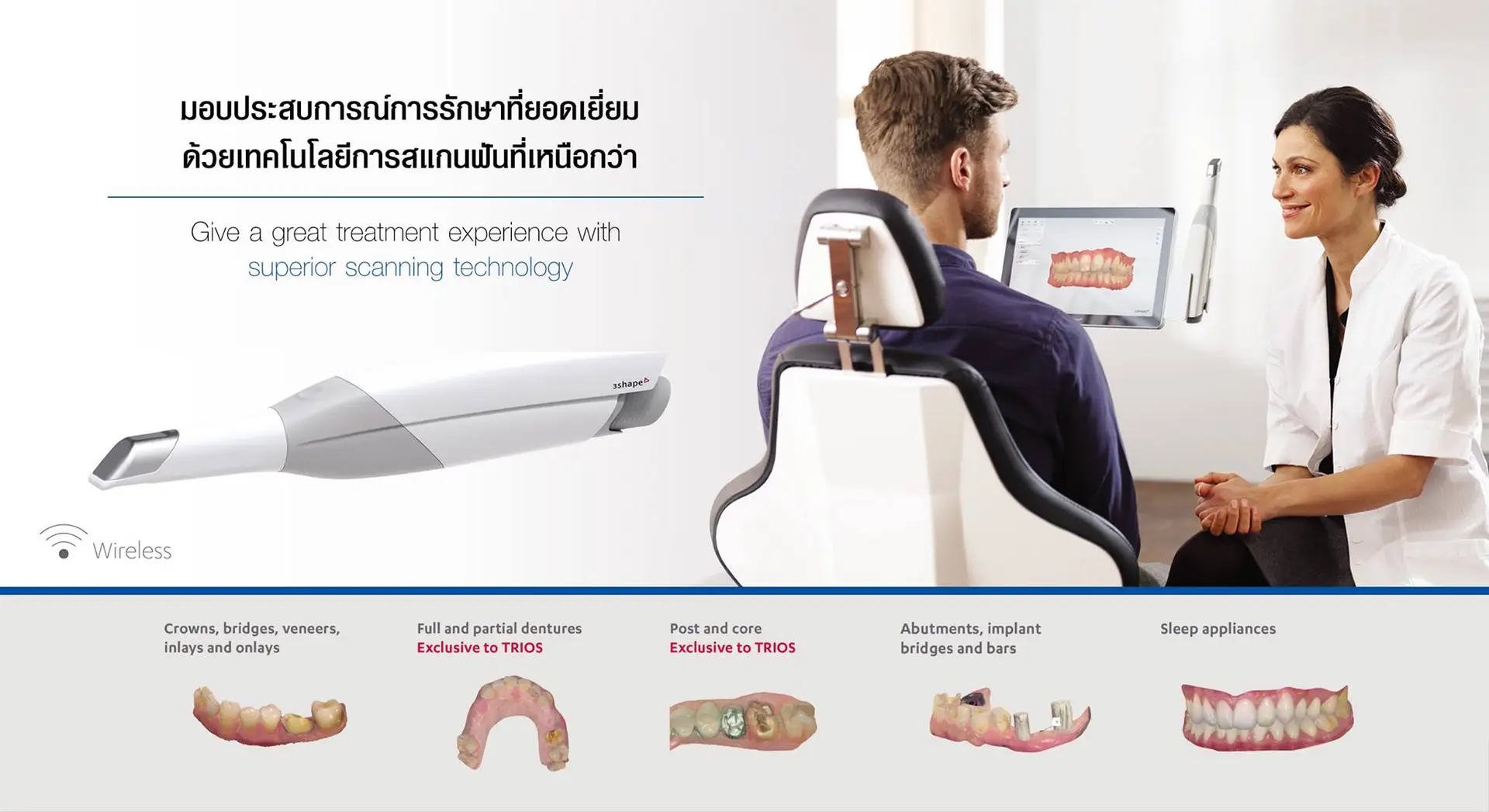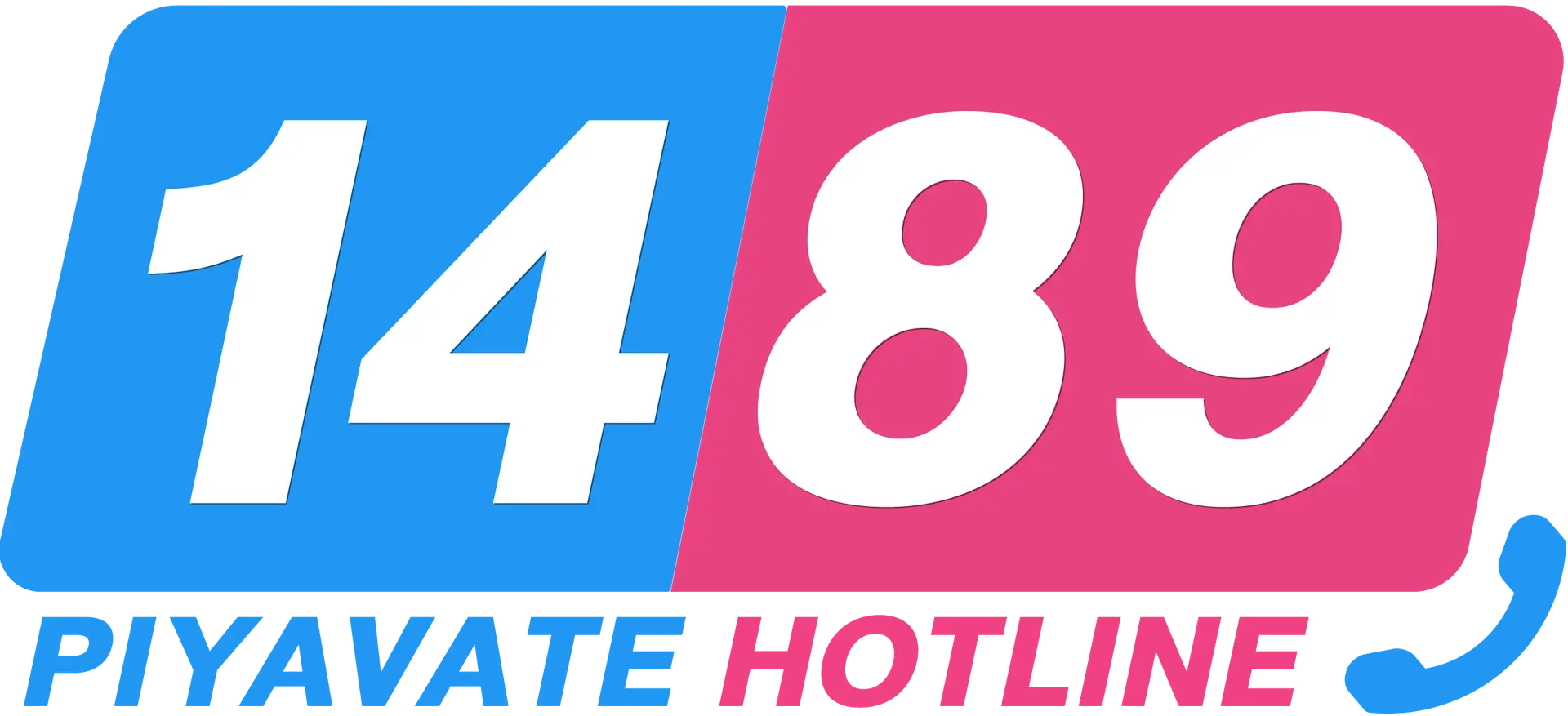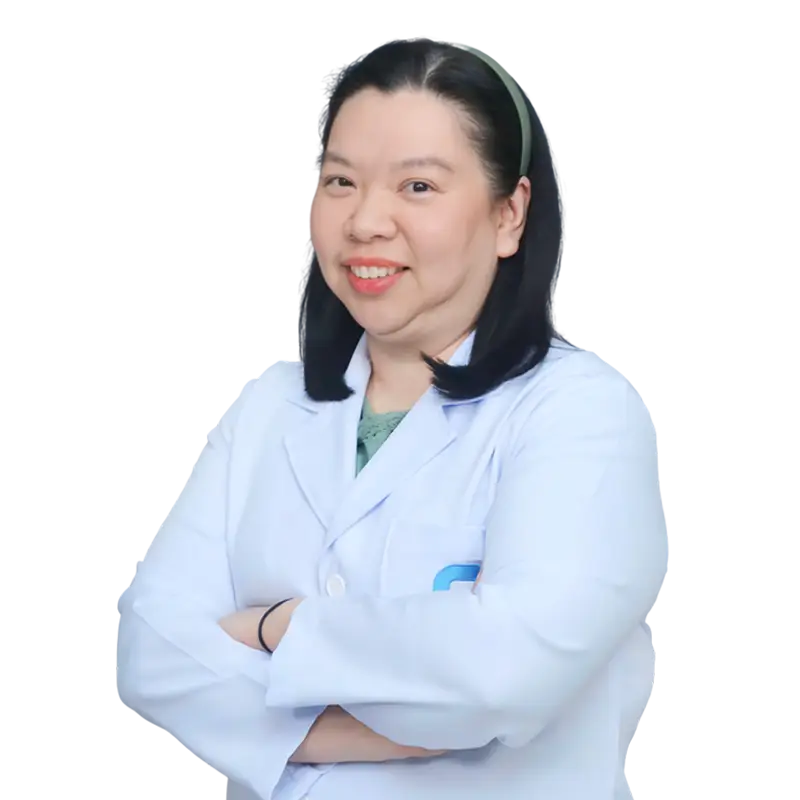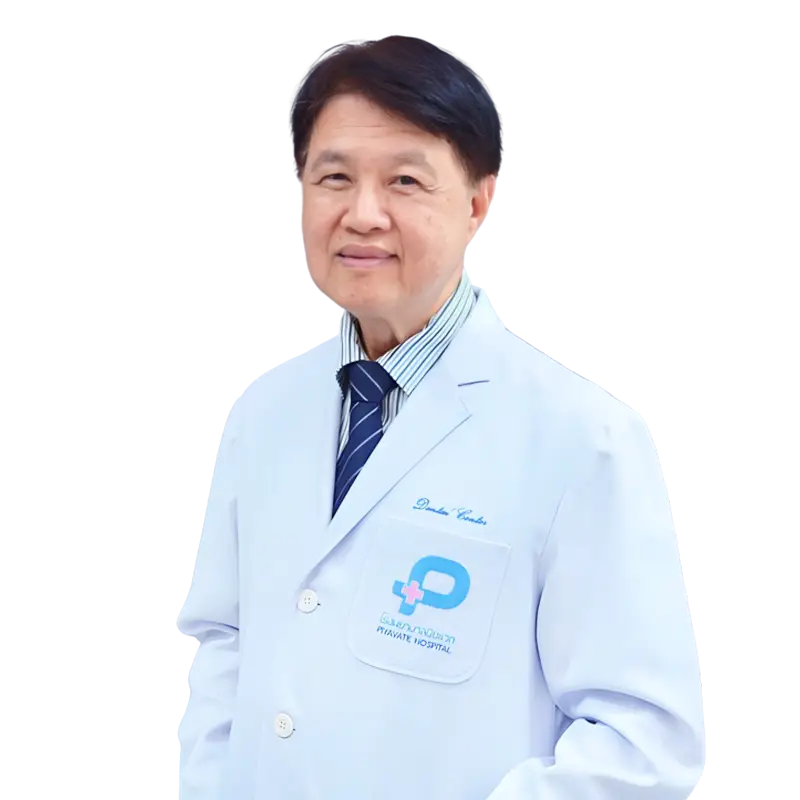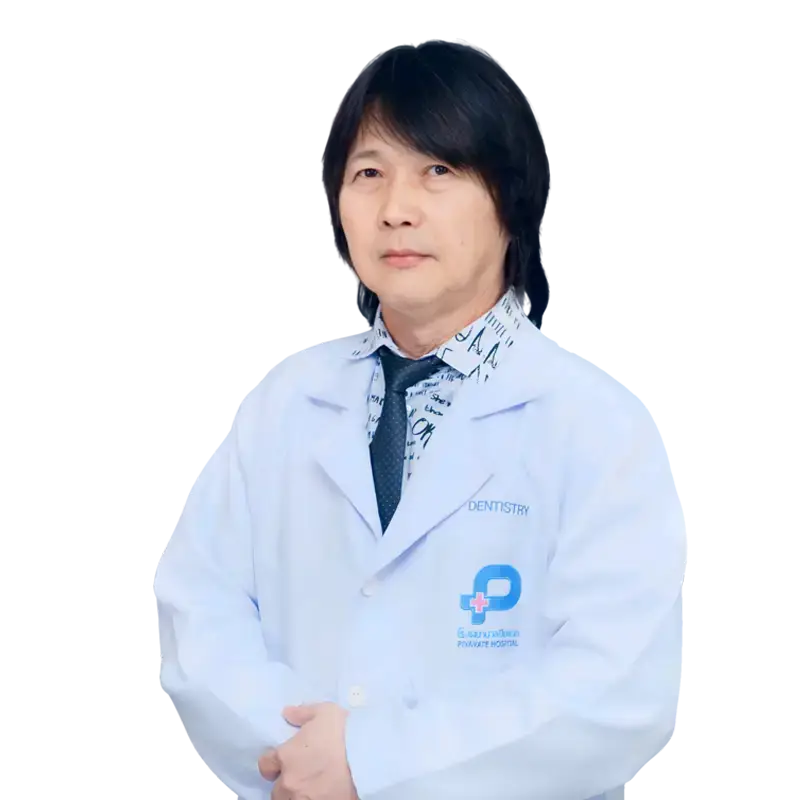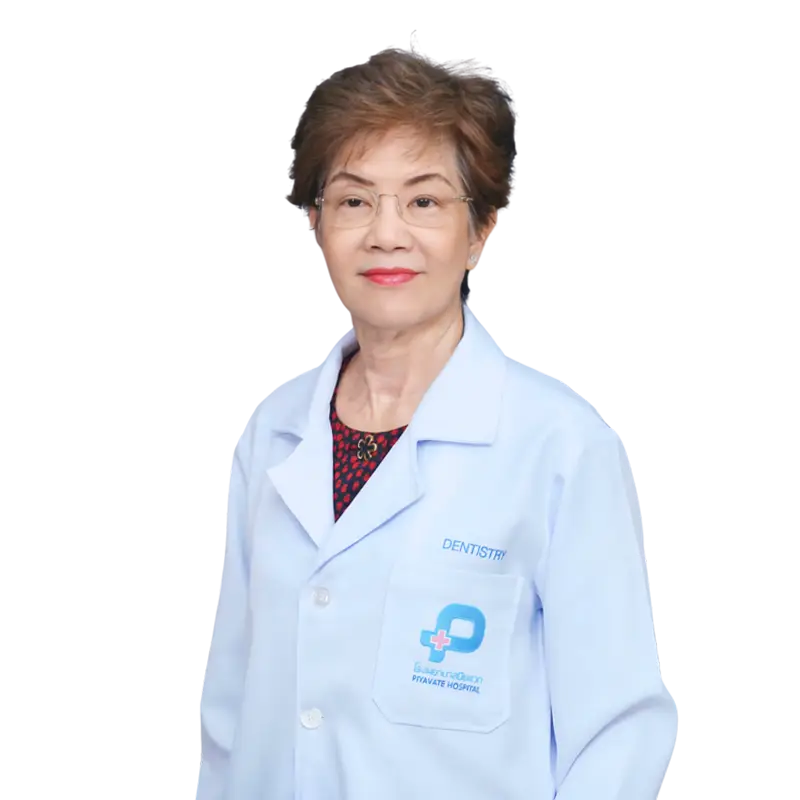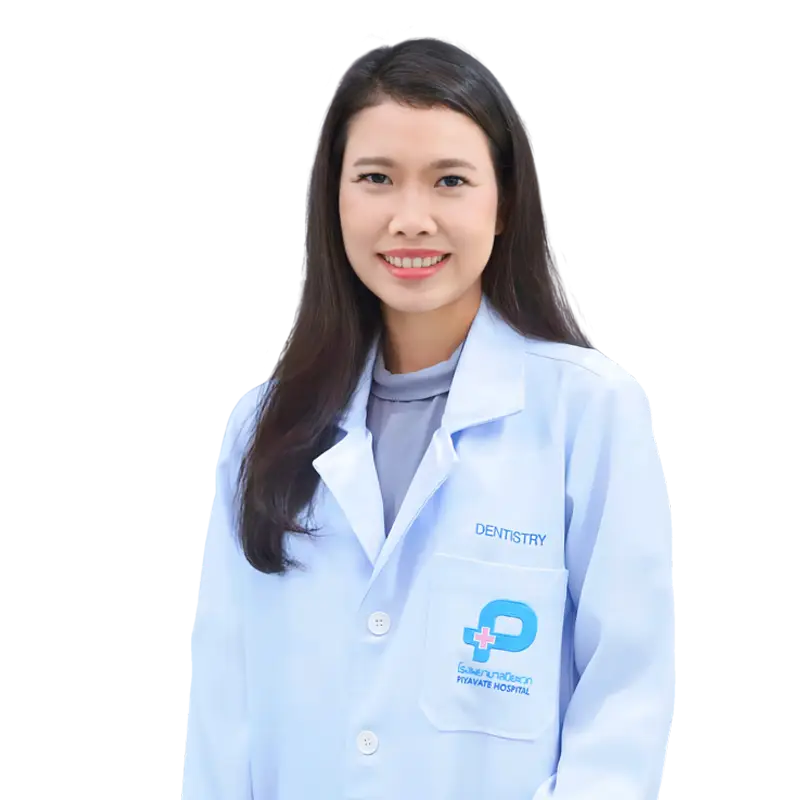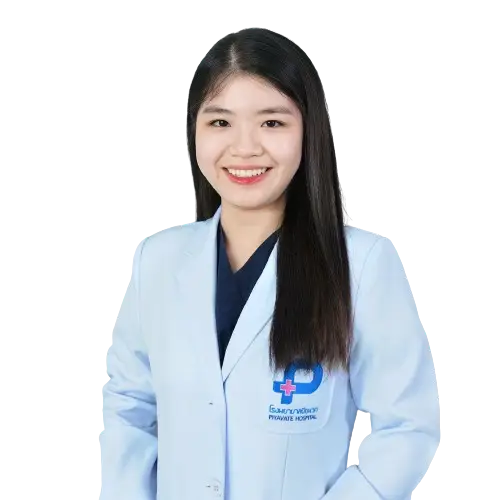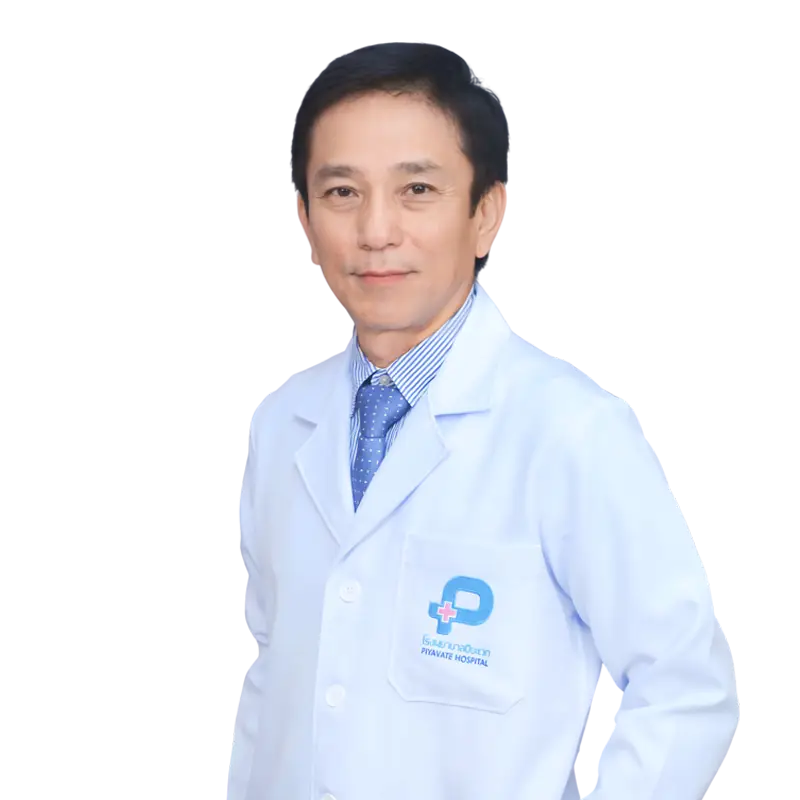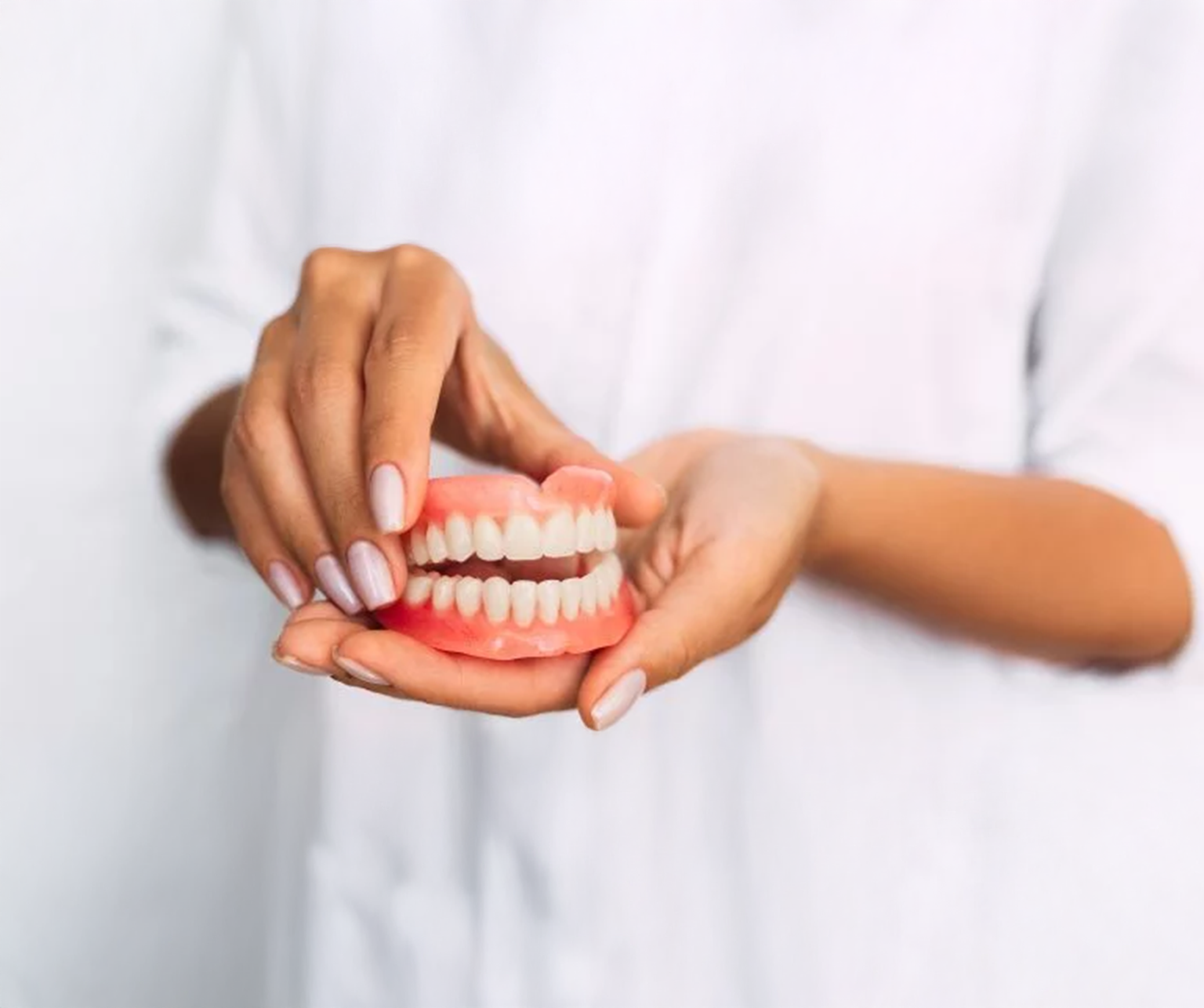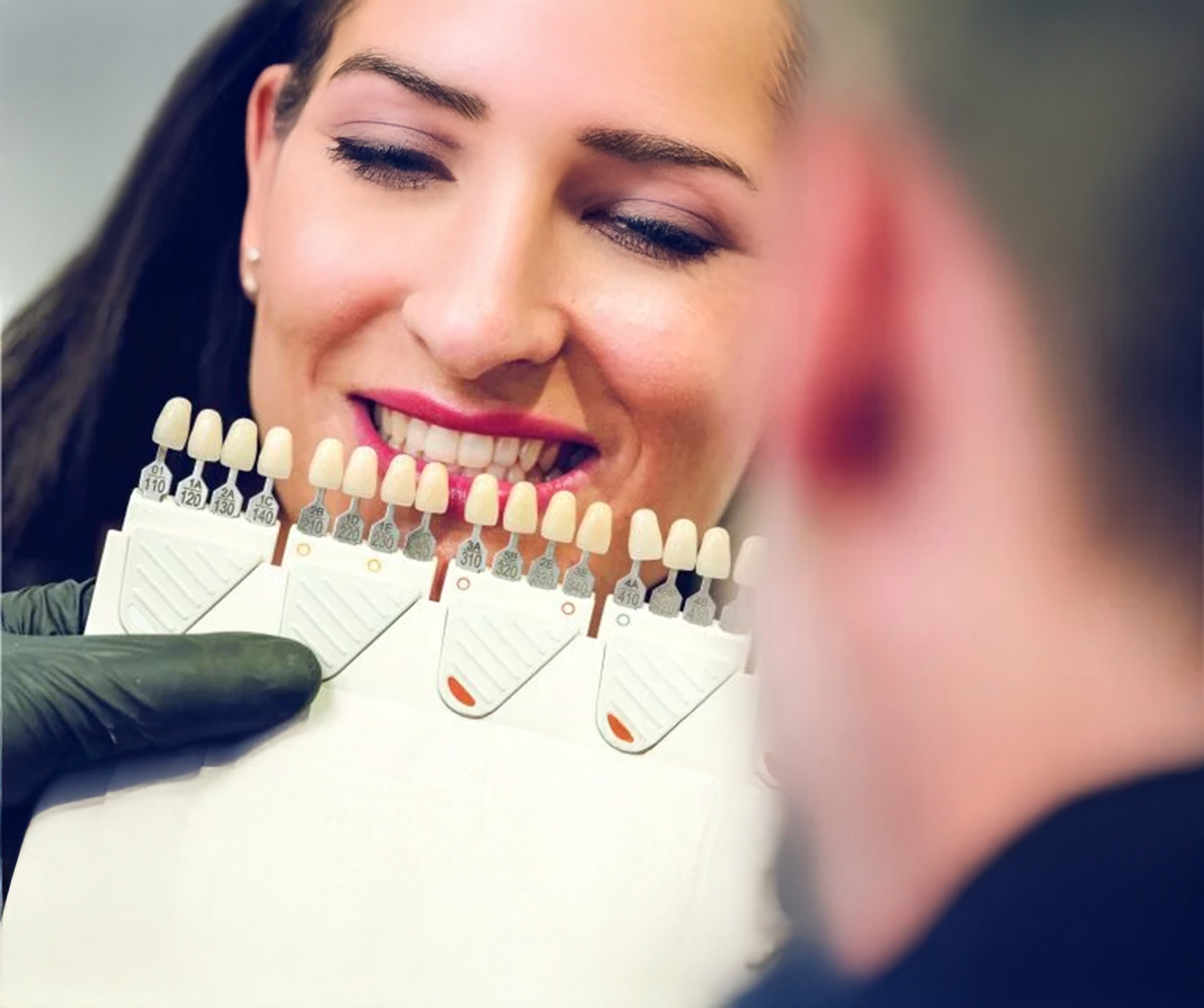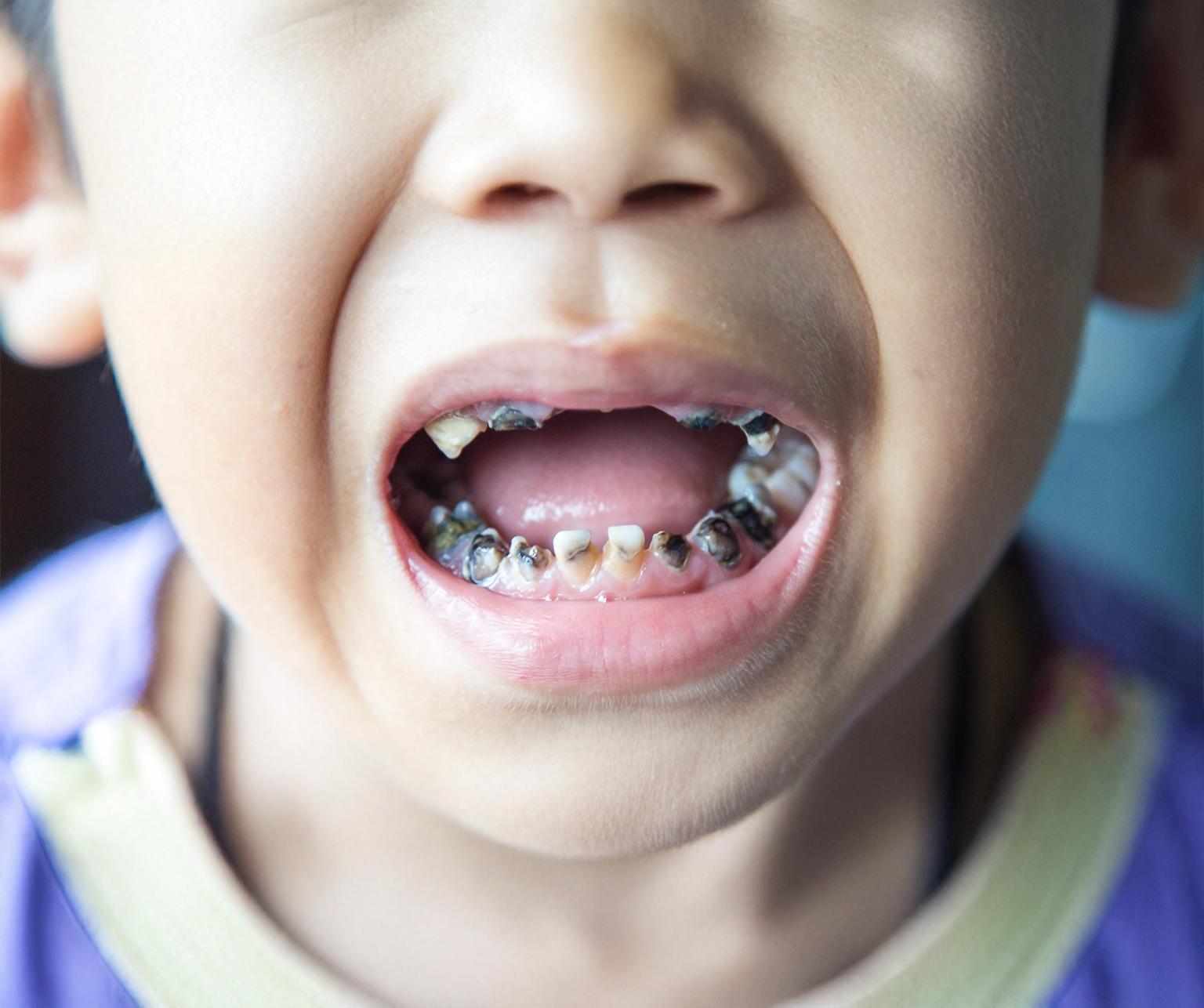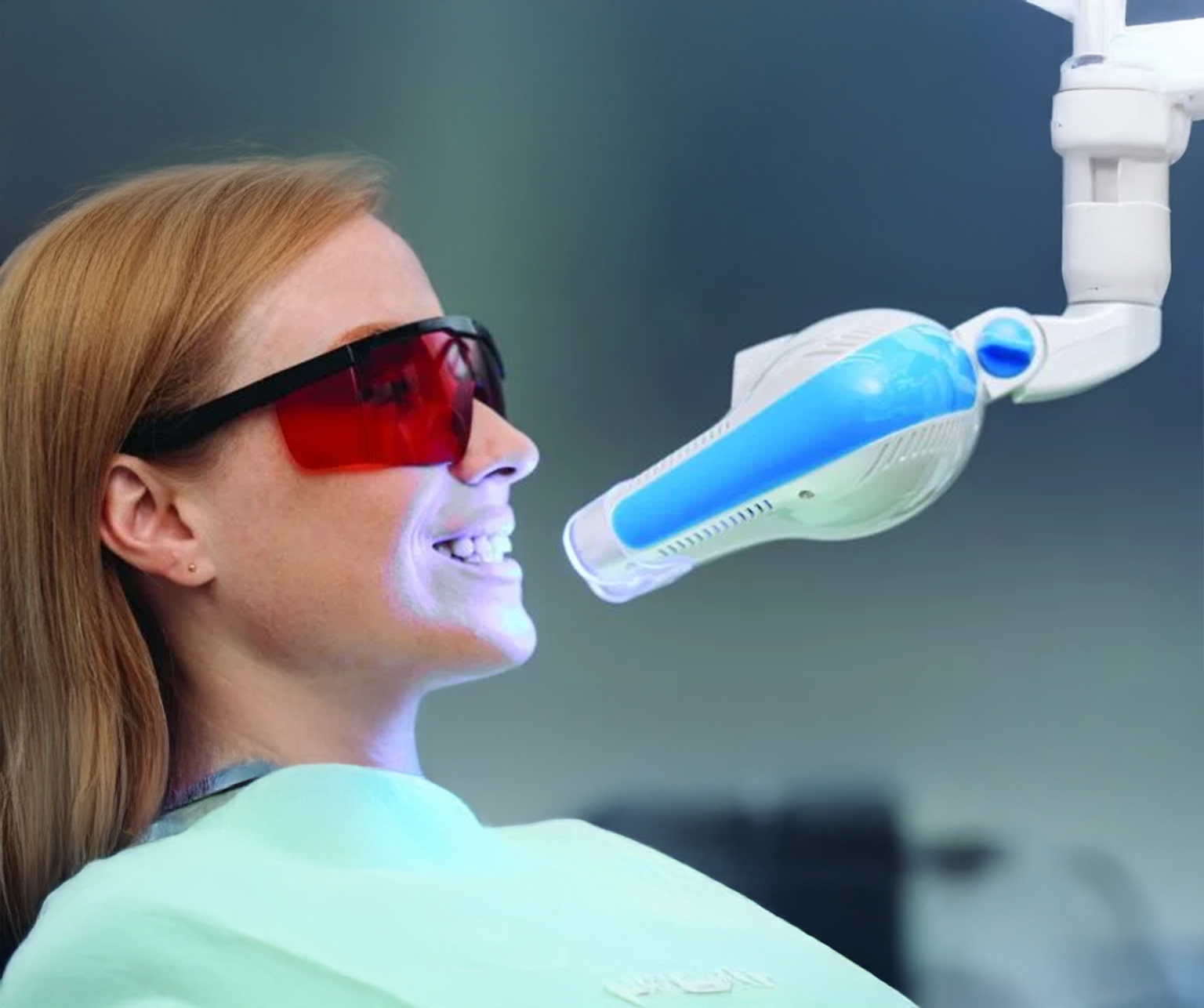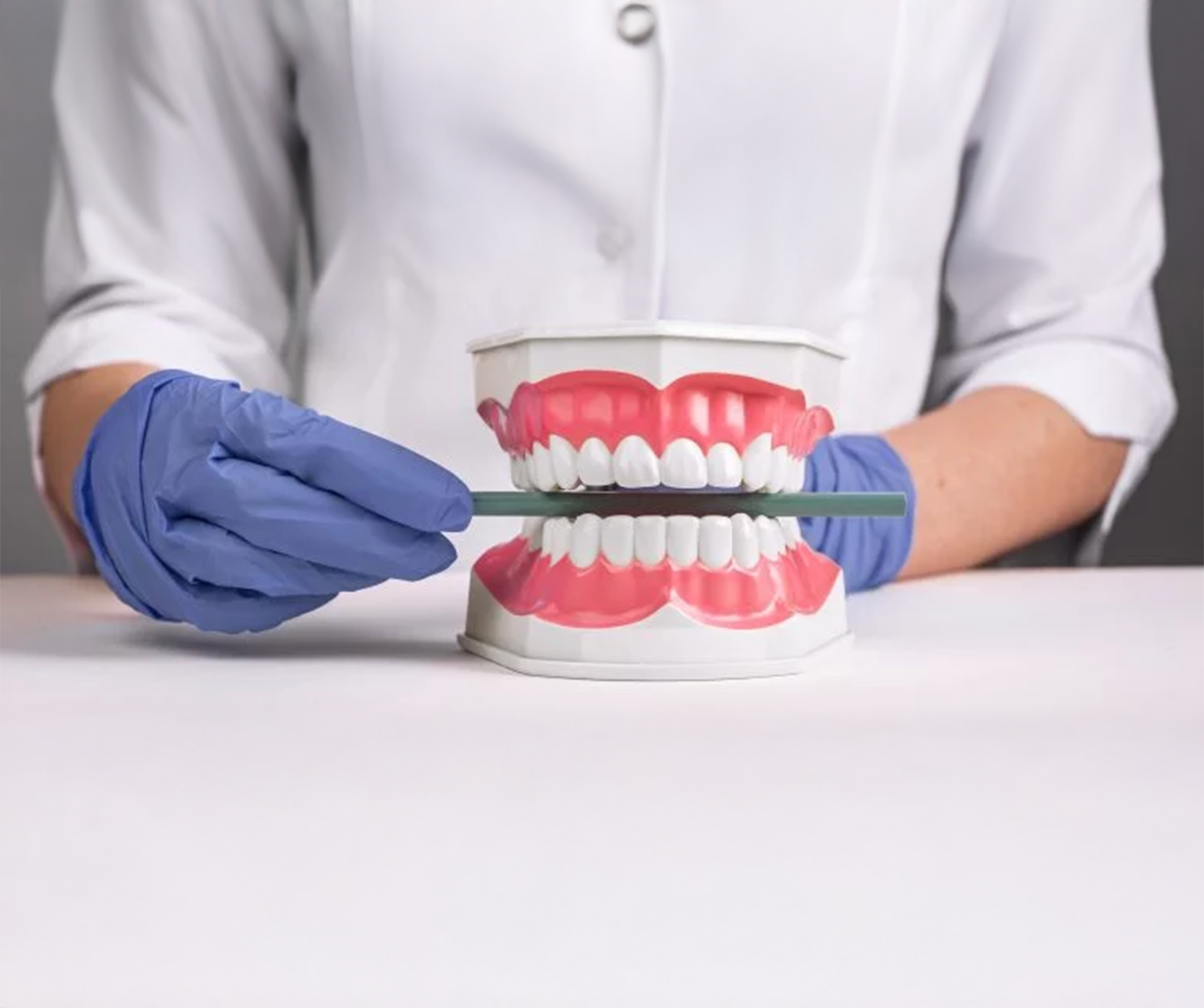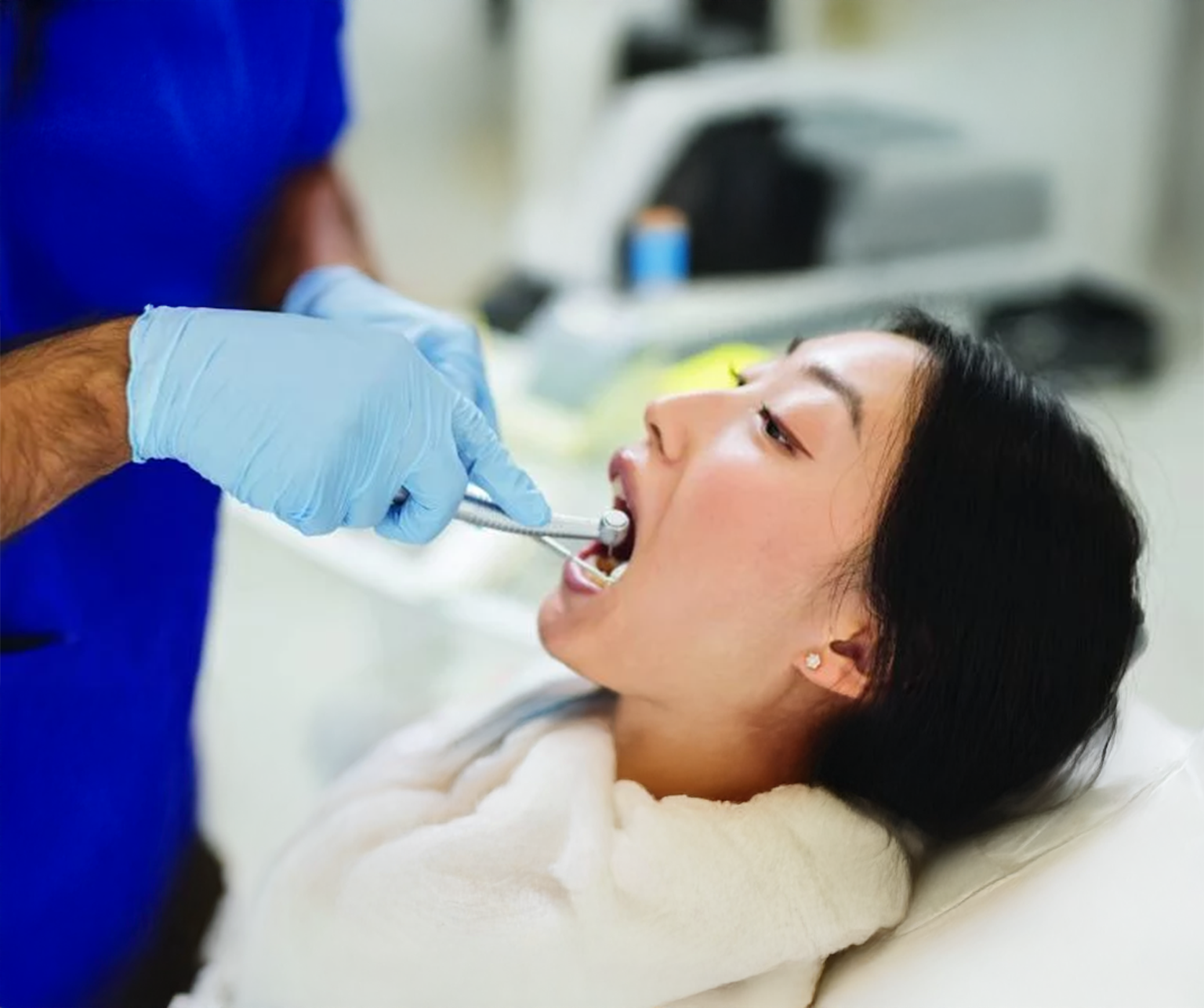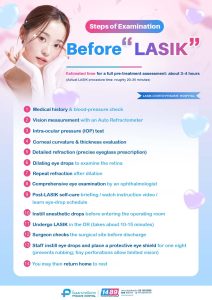- Dental Center
About
The Dental Center offers a wide range of specialized dental treatments, aiming to enhance oral health and aesthetics. The center specializes in both routine and complex procedures including braces, pediatric dentistry, gum care, root canals, and cosmetic dentistry, as well as advanced oral surgery. Employing a team of experts in various fields such as orthodontics, periodontics, and prosthodontics, the center leverages modern equipment and innovative techniques to shorten treatment times and improve outcomes. Services extend to comprehensive care for dental issues like decay, cracks, misalignments, and tooth loss, with a focus on high-quality materials and techniques for restoration
Services Available
- General Dentistry services
- Dental services specialized in periodontal disease. (Periodontics Treatment )
- Root Canal Treatment
- Specialized dental implant services (Prosthodontics Treatment )
- Orthodontic Treatment
- Specialized dentistry services for children (Endodontic Treatment)
- Cosmetic Treatment
- Dental services for oral and maxillofacial surgery (Oral and Maxillofacial Surgery)
- Dental implants services
- Specialist dentistry services in TMJ Disorder Treatment
How does good dental health
contribute to your overall well-being?
Healthy smile,
healthy life.
Inter-Oral Scanning Technology
Experience the future of dental care with our cutting-edge intraoral scanning technology! Say goodbye to the discomfort of traditional dental impressions and embrace a seamless, more comfortable experience. Our advanced intraoral scanners provide quick, precise 3D digital images of your mouth, ensuring accuracy and efficiency in your dental treatments. Whether you’re in need of orthodontic alignment, restorative work like crowns and bridges, or other dental services, our technology enhances treatment planning and results. Enhance your dental visits with our state-of-the-art intraoral scanning—where innovation meets comfort and precision in dental care. Transform your smile with the best that modern dentistry has to offer!
